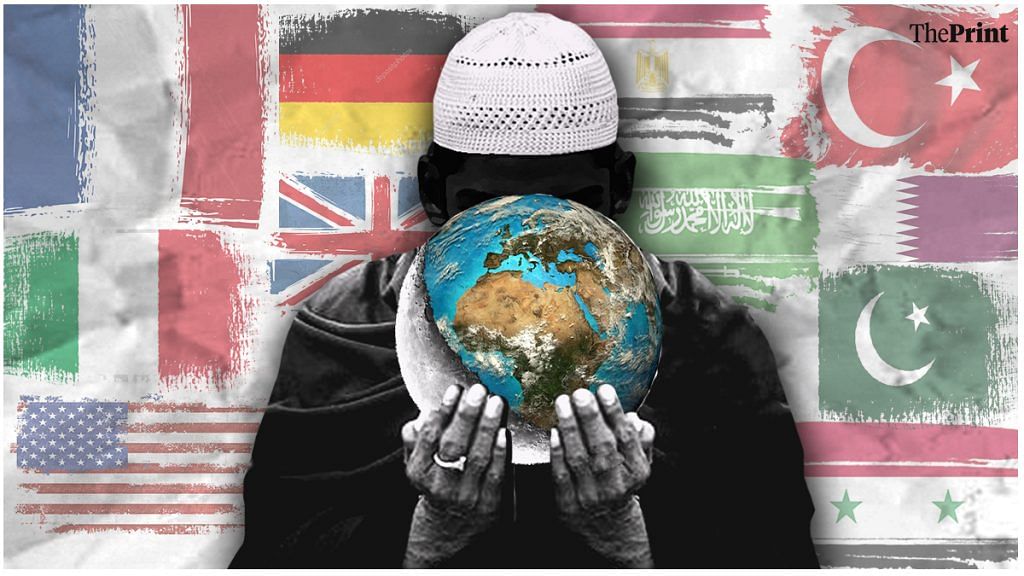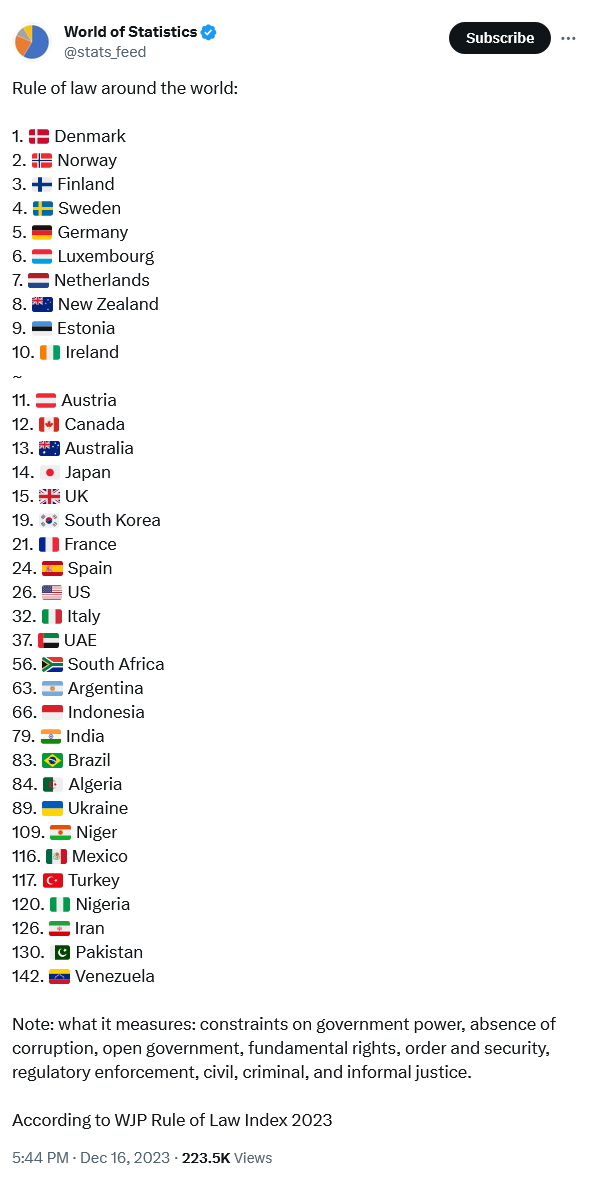Explore the intricate relationship between adultery and pollution, dissecting religious beliefs, cultural norms, and societal structures that shape perceptions of infidelity and its profound consequences.
Hashtags: #AdulteryPollution #ReligiousStigma #CulturalNorms #SocietyJudgments #MaritalTransgressions #InfidelityConsequences #MoralCompass #ReligiousBeliefs
Introduction: Unraveling the Complexity of Adultery and Pollution
In the tapestry of human relationships, the concept of adultery intricately weaves into notions of pollution, carrying weighty moral and social implications. This exploration delves into the core of the matter, dissecting the interplay of religious doctrines, cultural norms, and societal structures that mold perceptions of sexual transgressions and their reverberating consequences.
Religious Perspectives: Adultery as a Sin and a Breach of Purity
Across various faiths, adultery is deemed a severe transgression – a breach of the sacred covenant of marriage and a deviation from divine directives. Sacred texts emphasize the sanctity of marital bonds and the paramount importance of fidelity. Consequently, adultery is viewed as an act of impurity, staining not only the individual but also the broader community.
Cultural Norms: Adultery as a Threat to Social Order and Honor
In diverse cultures, adultery is perceived as a destabilizing force, threatening the established social order and disrupting the harmony of families and communities. The act is often intertwined with shame, dishonor, and a loss of social standing, casting a shadow not only on the individual involved but also on their extended family.
Societal Judgments: Adultery as a Mark of Immorality and Impurity
Societal norms wield considerable influence in shaping perceptions of adultery. Individuals engaged in extramarital affairs may find themselves facing ostracism, judgment, and exclusion from social circles. Adultery is often branded as a marker of immorality, a transgression against societal standards and expectations regarding sexual conduct.
The Interplay of Religion, Culture, and Society: A Holistic Perspective
The intricate dance between adultery and pollution finds its roots in the synergistic interplay of religion, culture, and society. Religious beliefs provide a moral framework, elucidating the sanctity of marriage and outlining the repercussions of infidelity. Cultural norms, in turn, shape societal perceptions, dictating the degree of shame and stigma attached to such transgressions.
Adultery and Pollution: A Multifaceted Phenomenon
Beyond moral and religious realms, the perception of adultery as pollution extends into social and cultural dimensions. In certain societies, adultery is deemed a form of ritual pollution, necessitating cleansing ceremonies to restore purity and appease offended deities or ancestors.
Conclusion: Navigating the Evolving Landscape
While the perception of adultery as pollution persists in numerous cultures, societal attitudes towards infidelity are undergoing a transformative evolution. Individuals are increasingly challenging traditional norms, fostering a broader shift in societal perspectives on extramarital affairs.
Navigating the Complexities: A Call for Understanding and Dialogue
Comprehending the interplay of religion, culture, and society in shaping perceptions of adultery and pollution is pivotal for fostering open and respectful dialogue on these intricate issues. Acknowledging the diversity of perspectives and the evolving nature of societal attitudes towards infidelity is essential for promoting understanding and inclusivity in a society where individuals are empowered to make informed choices about their personal lives.

















